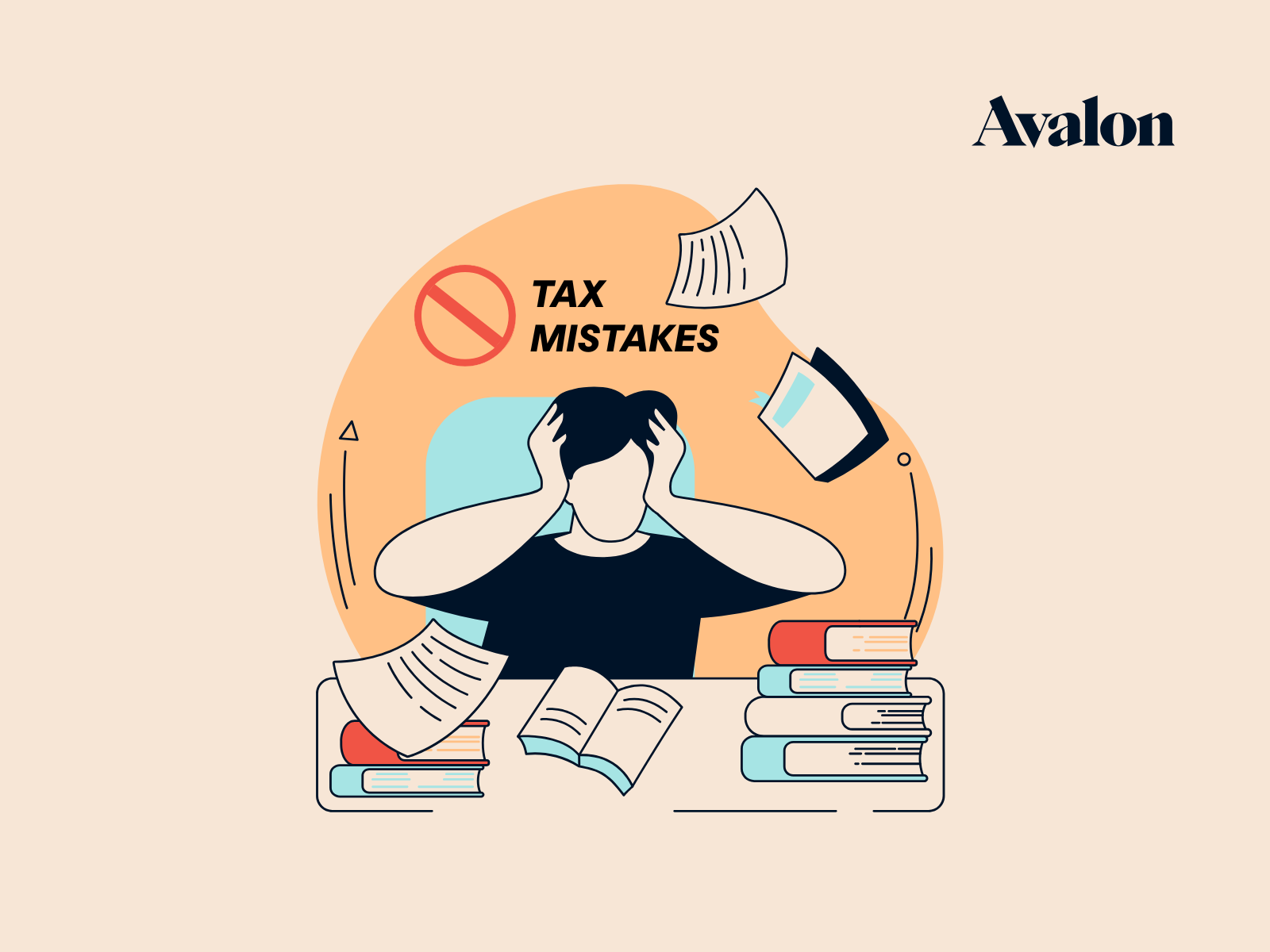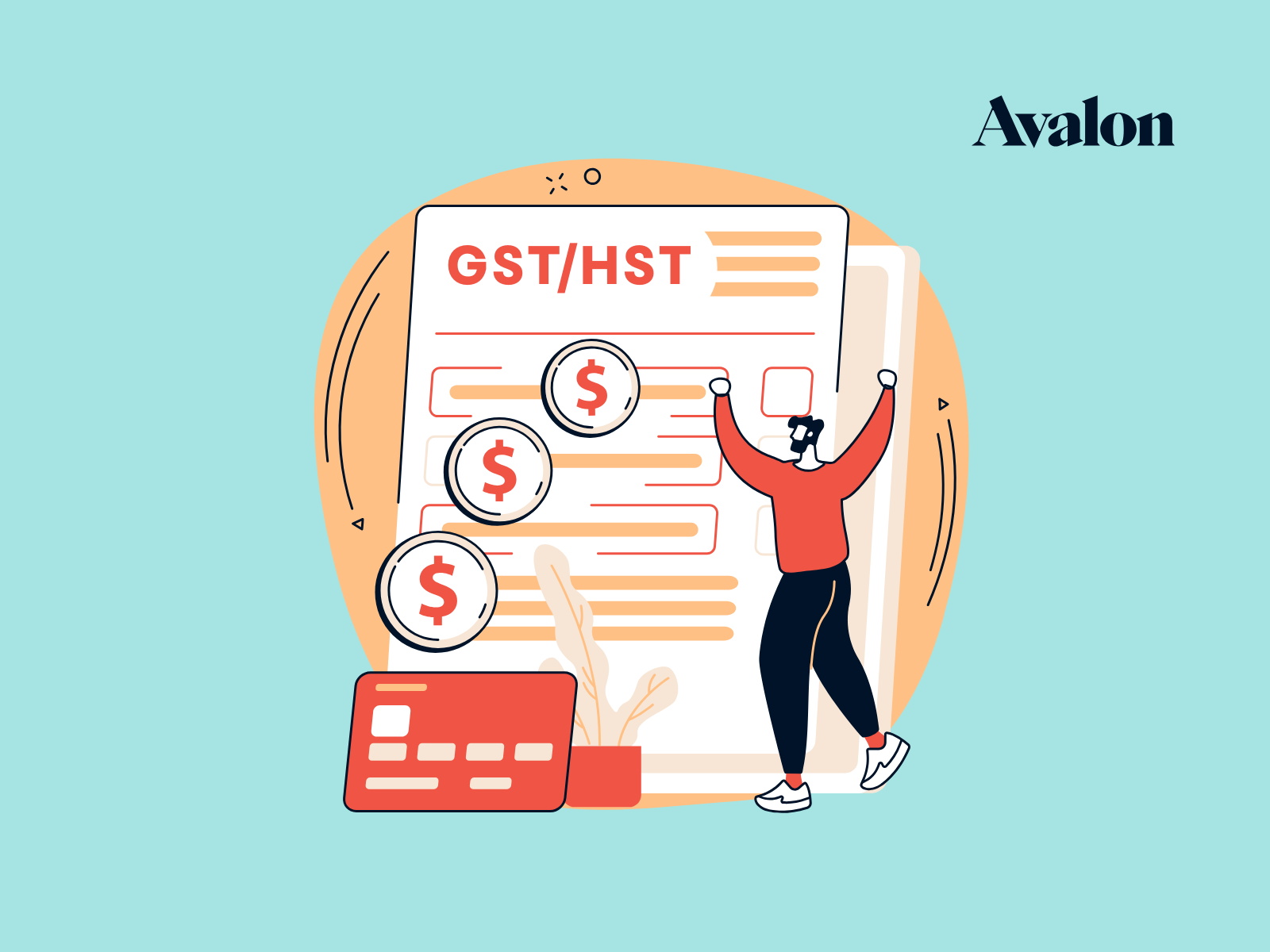The Scientific Research and Experimental Development program, SRED for short, is a tax incentive program designed to encourage Canadian businesses of all sizes and in all sectors to conduct research and development in Canada.
This article will help you to understand:
- If your business is eligible to claim SRED tax credits
- What types of expenditures qualify for the program
- How to claim SRED credits
- How much you can expect to receive from the SRED program
- Costs of claiming SRED credits and other factors to consider
Is Your Business Eligible to Claim SRED Tax Credits?
SRED is a refundable tax credit that provides a cash refund of up to 35% of your eligible research and development expenditures. Although it is a common belief, the SRED program is not restricted to tech companies; however, there are fairly stringent requirements in place for businesses to be eligible to claim these credits.
The following questions are a general guide you can use to determine if your business may be eligible. You will want to be able to answer yes to all questions.
- Was there a scientific or technological uncertainty that could not be removed by standard practice/engineering?
The idea is that you are required to perform research and development to advance the current state of technology. An example would be if Avalon Accounting wanted to find out if we could get a robot to accurately complete a tax return. We would have to perform R&D to determine if this uncertainty can be removed. - Did the effort involve formulating a hypothesis specifically aimed at reducing or eliminating the uncertainty?
A hypothesis is described as “a proposed explanation made on the basis of limited evidence as a starting point for further investigation.” In our example of Avalon’s tax preparing robot, we would hypothesize: “if we can get this robot to interpret client information and the Canadian Tax Act, the robot could accurately complete a tax return.” - Was the adopted procedure consistent with the total discipline of the scientific method, including formulating, testing, and modifying the hypothesis?
The purpose of this question is to determine if you went about researching and developing in a systematic way and not just by trial and error. Using Avalon as an example again, we would have to formulate a plan, carry out planned tests and then iterate on our robot based on the results of those tests, modifying our hypothesis as required. - Did the process result in a scientific or technological advancement?
This question is basically asking if you solved your problem by finding an already existing solution. If that’s the case, then you likely won’t qualify for SRED. If your findings either increased the technical knowledge base surrounding your hypothesis OR if you failed to find a solution due to obstacles that you couldn’t overcome, then you still may be eligible to claim SRED credits. - Were records kept of the hypothesis tested and results kept as the work progressed?
You will most likely have to provide records to CRA to support your SRED claim. Records should be kept at the time that the research and development work was carried out. Some examples of appropriate records include project planning documents, notebooks, photos and videos, prototypes, records of trial runs, time diaries, and accounting records.
The tracking of labour costs is an important part of record keeping as your employees and contractors are likely working on other tasks as well as R&D. It’s helpful to keep time diaries explaining who worked on the research and development project, what they did, and for how long.
What Types of Expenditures Qualify for SRED Credits?
Common expenses that are eligible to be claimed include:
- Employee wages and subcontractor payments related to the SRED eligible projects that your company is undertaking.
- Material costs related to the eligible research and development projects.
- A portion of company overhead that can be attributed to carrying out research and development activities.
As noted above, it’s important to document these costs thoroughly so that your claim can be supported when CRA reviews it.
How to Claim SRED Credits
The SRED claim is made along with your business’ income tax return. There are additional schedules to be completed that describe the research and development that was carried out, how it meets the criteria to qualify for SRED and the list of expenses that you are claiming.
We have lots of experience filing tax returns, but due to the specialized nature of claiming SRED credits, we recommend that business owners work with a SRED expert throughout the process. When you hire a SRED consultant, they will work with you to:
- Make sure that the claim has a good chance of being successful before you begin the claim process,
- Ensure that all of the necessary documentation is available,
- Work with you to complete the tax schedules appropriately so that there is sufficient evidence to answer “yes” to all five of the questions noted above, and
- Help you with the CRA review process.
SRED consultants work either billing you hourly or based on a contingent fee (they get a set percentage of the SRED refund). We have a number of consultants that we work with and we prefer the hourly billing method as it tends to work out as less expensive in most cases.
How Much Can I Expect to Receive?
SRED credits are based on a percentage of the funds that a business spends on research and development activities, so how much you receive is directly tied to how much you’ve spent on eligible research and development expenditures.
The greatest benefits from SRED are earned by Canadian Controlled Private Corporations (CCPCs). These small, privately owned companies can earn SRED tax credits for:
- 35% of eligible expenditures up to the first $3 million, and
- 15% for expenditures exceeding $3 million.
Other organizations such as public companies, individuals, trusts, and partnerships can earn tax credits equal to 15% of qualified research and development costs.
Costs of Claiming SRED Credits and Other Factors to Consider
There certainly are significant benefits for organizations that qualify for SRED, but we like to see business owners are well educated on what to expect before they begin the process.
Due to the complicated nature of claiming SRED credits, there are additional costs incurred to make a claim. These costs come in the form of:
- Paying a consultant to help with preparing your claim.
- The additional time incurred by business owners, employees and contractors to ensure that work is sufficiently documented to support the SRED claim.
- Bookkeeping costs could increase due to the complication of separating SRED eligible expenses from non-eligible expenses.
- Year-end accounting and tax filing costs are also likely to increase due to the added complexity and additional schedules needing to be filed with your tax return.
Other factors to consider include whether you have supporting documentation in order, or that it will be possible to pull the necessary pieces together and that you’re willing to spend the time to do so. We also recommend that you consult with an accountant who specializes in SRED to help you determine if your business qualifies before beginning the lengthy process.
If you would like to dive into more information on SRED, there is a lot available via the Government of Canada's SR&ED tax incentives page. It can be a bit of a tough read sometimes, so bring coffee. You can also reach out to us and we would be happy to chat and refer you to one of the trusted SRED consultants that we have worked with in the past.
P.S. - I wrote “SRED” so much in this article that I felt like Allen Iverson talking about practice!












